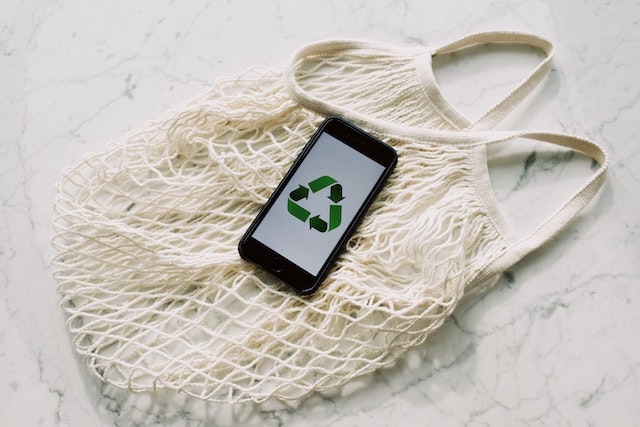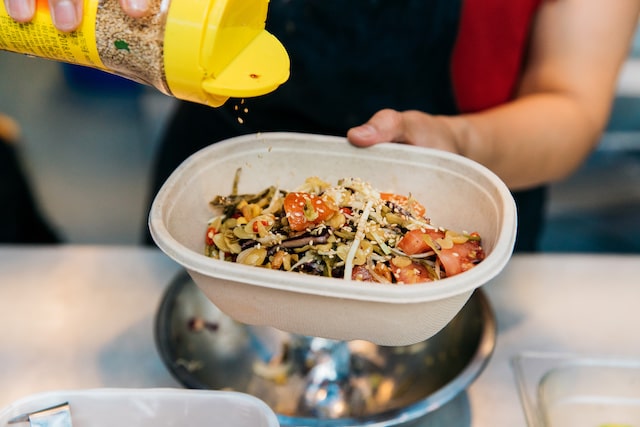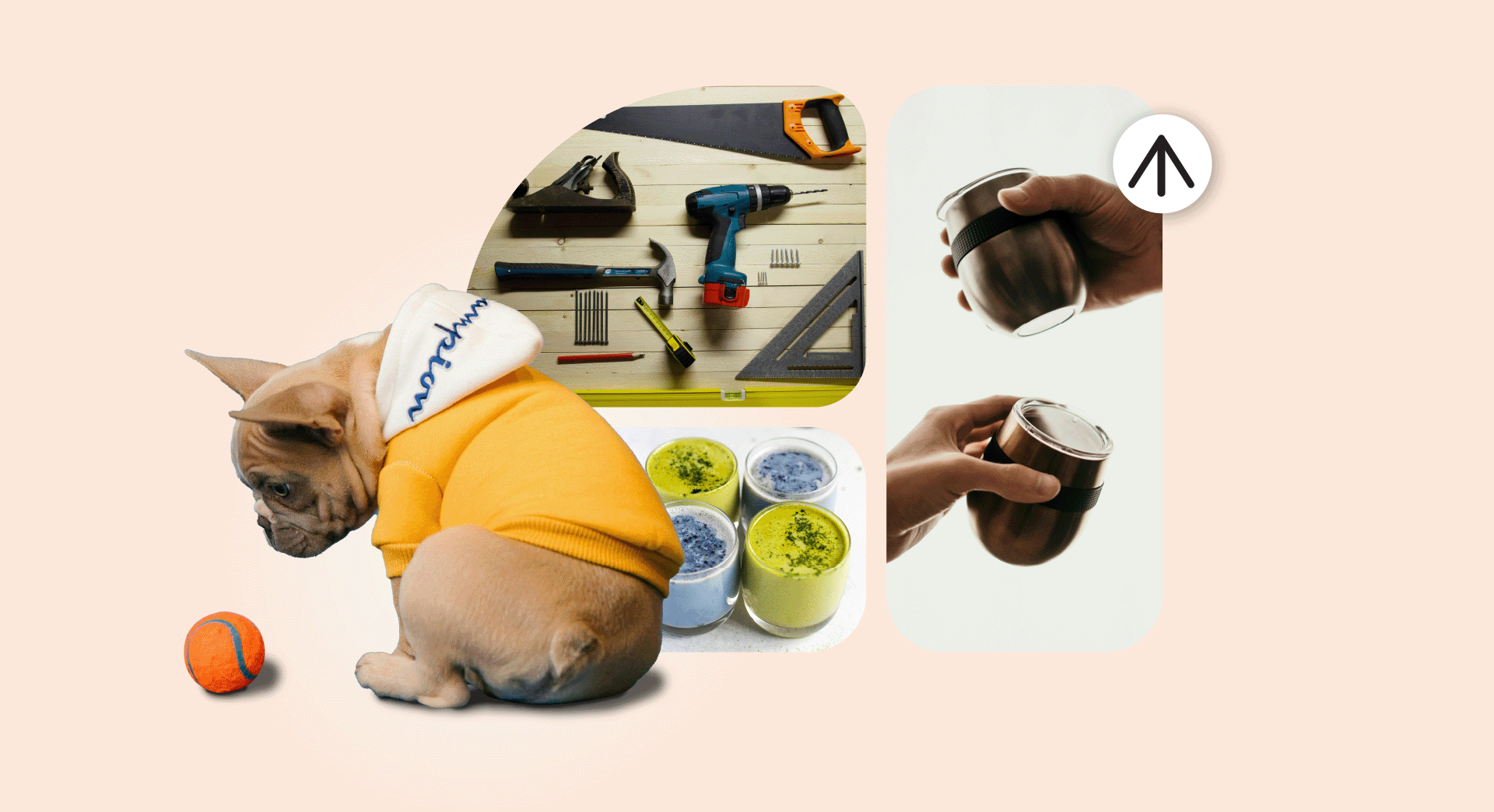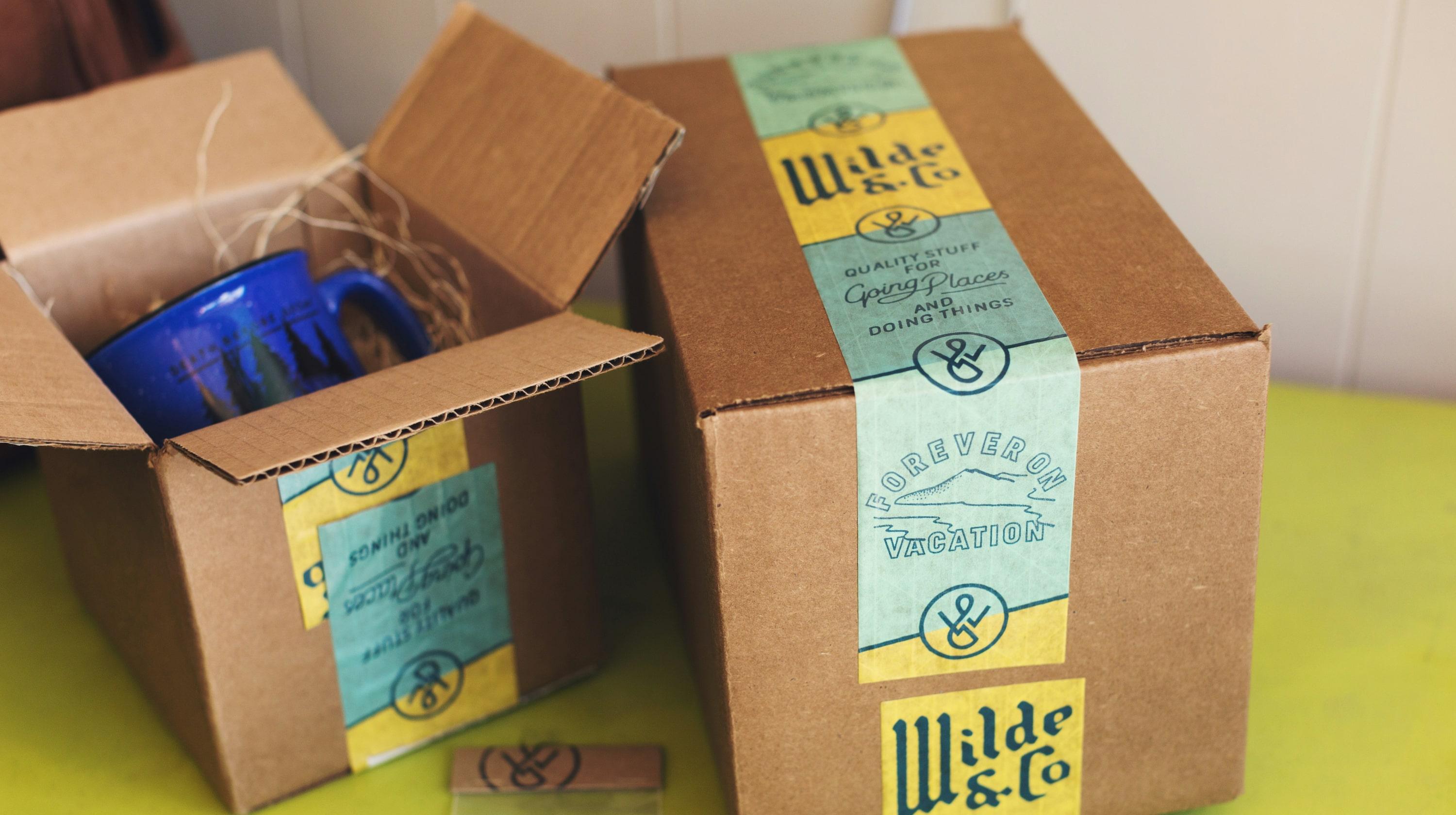It’s 2021 and environmental concerns remain a top issue for many Canadians. Most are prepared to do something about it sooner rather than later and are making great strides to leave behind an inhabitable planet for future generations. Many businesses are considering sustainable sourcing as a way to get on board.
Even the smallest ventures are now creating products that are socially, ethically, and environmentally sound.
The challenge is that sustainable sourcing can be more expensive, which means passing along that extra expense to your consumer.
However, a 2019 Consumer Insights Survey from PWC confirms that Canadians are more than willing to pay more for a product if they know it’s “green” or sustainably produced.
Brands that are able to manage an ethical supply chain are often seeing runaway success, because consumers are here for it!
Keep reading to learn how you can get in on the sustainable sourcing movement, along with how other companies are working to save the environment.
6 ways to save the earth

Whether your end-product is “green” or not, you can still minimise your venture’s environmental impact. Here are six ways to do it.
1. Apply for B-Corp status
Jennifer Henry is the CEO of the startup Perk.Eco, which helps coffee shops manage their waste. Her advice for other startups is this:
Start with the end result in mind; it’s hard to go backwards.
“It takes more resources to course correct once you’ve started down a path,” she says.
One way to be sure you’re starting out (and finishing) on a green path, is to become B-Corp certified.
B-Corp certification requires you to earn 80 “points'' on the B Impact Assessment, which includes elements like eco-friendly practices such as sustainable sourcing. This assessment ensures that the business adheres to guidelines around social and environmental values, and balances purpose with profits.
2. Think local
Sourcing goods from local suppliers shortens the distance they must travel to you, which is ultimately better for the environment as it cuts down on carbon emissions.
It’s always a great idea to support another local business.
Flourist, a Vancouver, BC-based bakery, started out with a mandate to support local farmers — selling only Canadian-grown grains. They started out as a grain mill, then focused on 100% traceable products.
This business model helped boost relationships, both with the family farms they bought from and the families they shipped their flour to.
Today, they now have a successful bakery that sells raw ingredients like flours and beans, along with products like:
- Breads
- Cookies
- Cakes
- Meals
This is just one of the many examples of Canadian businesses focusing their efforts on local sourcing.
3. Upcycling

One path many startups are taking is upcycling. Although it doesn’t qualify as sustainable sourcing, it does its part by taking a waste product and turning it into something of value.
Here are just a few examples of companies that are practicing this model:
- Susgrainable: This Vancouver business takes spent grains from the beer-making process and turns them into baked goods.
- Perk.Eco: This company takes coffee husks and turns them into eco-friendly dog beds.
- Loop Mission: This Montreal-based company takes imperfect produce that would normally be discarded and turns it into tasty juice. It then takes the pulp from juicing and turns that into dog treats.
Keeping these examples in mind, is there some way you can cut the amount of waste you produce by closing the waste loop?
4. Ethical sourcing
Along with sustainably sourced base ingredients or products, you’ll also want to consider whether any factory or production facility you work with is enforcing ethical practices. Some key areas and questions to ask, include:
Employee well-being
- Are the employees paid a living wage?
- Are they treated fairly and with respect?
- How do you improve their lives through education or other opportunities?
Environmental impacts
- What environmental impact does your factory or production facility have?
- Does it negatively affect any water sources and the populations (animal, human or plant) that live there?
- What kind of carbon footprint does your product create, along every step of the process?
Creating an ethical supply chain can be a challenge, so transparency is needed.
Related: How to fine-tune your supply chain
5. Packaging
Canadians are hyper-aware of the perils of plastic consumption and many are actively trying to reduce their plastic usage.

Many consumers are taking actionable steps like:
- Shying away from bottled water
- Bringing their own bags to the grocery store
- Looking for sustainably-sourced takeout and lunch containers
But since many businesses need to ship products, how can they keep from generating more garbage?
To start, some businesses are now choosing to switch to more environmentally-friendly shipping materials. This could include:
- Switching to paper and cardboard (which are recyclable)
- Using biodegradable packing peanuts that dissolve in water
- Packaging products in sustainable containers like glass (and then implementing a recycling or buy-back program)
- Offsetting emissions in an attempt to become more carbon-neutral
You can also choose a “green” courier or delivery company that uses hybrid or electric vehicles — this also falls under the heading of sustainable sourcing.
A note on compostable packaging
Be aware that the compostable packaging industry is still very much evolving, so do your research.
As an example, Polylactic Acid (PLA) is labeled as compostable and is often used in clamshell containers and plastic cutlery.
However, most municipal recycling programs won’t accept them because “the market to buy it and the facilities to recycle it don’t currently exist.”
However, packaging options made from bioplastic (check out the Vancouver-based company, Good Natured for more information) could be a good option for your business. It’s made from renewable and clean resources like plants, not petroleum.
6. Green office
Sustainability goes beyond just your actual product. You can make your office greener and more environmentally-friendly by:
- Reducing your energy consumption
- Finding lower-impact printing options
- Installing LED (lower energy consumption) bulbs
- Instituting a recycling program
Additionally, you can support employees who contribute to environmental organizations by volunteering alongside them.
Editor’s note: Got a small business but no business website? Now is definitely the time to get one. Build it yourself with Website Builder (truly no tech skills needed!) or let the pros at GoDaddy build it for you.
How two companies harnessed the power of going green
There are many other ways of doing your part beyond sustainable sourcing. One good example of a company finding success through eco-friendly efforts is Vancouver’s Tru Earth Laundry detergent. Co-Founder Ryan McKenzie set out to create a laundry detergent that was:
- Good for the earth
- Powerful enough for cleaning
- Easy on the skin
He also wanted his product to be produced in a way that was sustainable and left a minimal carbon footprint.
The result came in the form of laundry strips that are entirely plastic-free and ship in a recyclable cardboard envelope. The formula and packaging are:
- Biodegradable
- Work in cold water with high efficiency washers
- Take up minimal storage space
Additionally, the company has since gone on to develop a whole line of successful home cleaning products that are both sustainable and green.
Manna Meals solves the packaging problem
Vancouver’s Manna Meals, a vegan meal delivery service, has made efforts to work around the packaging problem by including an extra bag in its delivery cooler.
After the consumer is done with their meal, they place the packaging into the bag for Manna Meals to pick up at their next delivery drop-off.
They express their company’s environmental mandate by:
- Producing vegan foods
- Giving back to charity
- Creating a low or zero-waste cycle for their business
These actionable steps not only help the environment, but encourage consumers to take part in shared efforts to better the planet.
Sustainable sourcing for the win
If you’re starting a business in today’s world, sustainable sourcing is a requirement.
Consumers are demanding it by voting with their wallets, time and time again.
While the process of making ethical decisions and sourcing sustainably might feel complex at first, it’s the right thing to do — both from an environmental and from a profitability standpoint.






